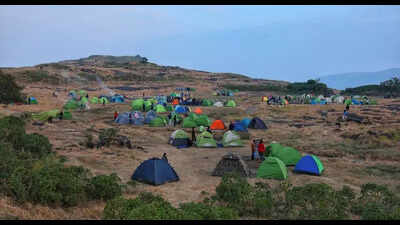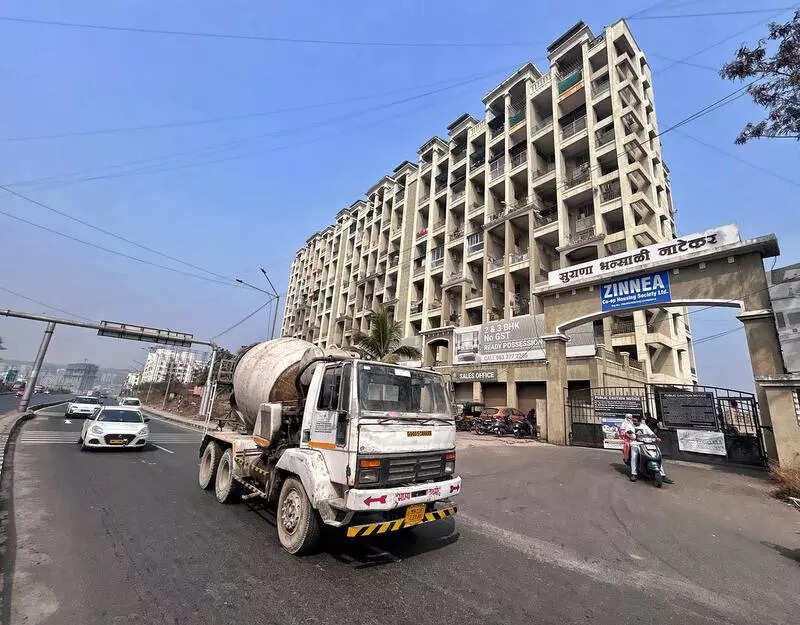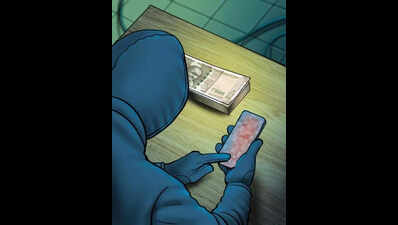PUNE: Friendship on online gaming platforms is not always fair. A 17-year-old Baner girl learned it the hard way miles away from home.She took the rigour of travelling over 2,100km from Pune to Nagrakata in Jalpaiguri district of West Bengal to be with her online friend without informing her family members. Her “friend”, in return, breached her trust and allegedly sexually assaulted her.The girl’s uncle, with whom she has been staying in the city, filed a missing persons report at the Chatushrungi police station after she went missing on July 18. Police registered a kidnapping case as the girl was a minor and started investigations. Senior police inspector Uttam Bhajnawale said the girl’s cellphone location was traced to Nagrakata in West Bengal. “A team from the police station went to West Bengal and brought her back within seven days,” said Manisha Jadhav, the investigating officer of the case.“Initially, only a kidnapping case was filed. We came to know from the girl’s statement about the sexual assault. Later, sections of sexual assault and relevant sections of POCSO were added to the case,” said inspector Bhajnawale.Investigating officer Jadhav said, “We were in pursuit of the girl’s friend (30) in Bengal. We finally arrested him on Sept 6 from Bengal and brought him to Pune on transit remand the next day. He is in judicial custody now.”The police said the Baner girl, a Std XII student, had met her “friend” on social media while playing an online game. They initially communicated on the gaming application platform.According to the police, the duo exchanged phone numbers a few days later and started communicating via a messaging platform. They switched to calls as they became close, the police said. The suspect took the girl to his village in July after winning her trust, the police said.The Baner girl’s ordeal is not an isolated case of online gaming or social media platforms landing minors in trouble. A year ago, a similar incident had occurred in Shivajinagar. A 16-year-old girl from Chhatrapati Sambhajinagar had a close shave, thanks to the presence of mind of an autorickshaw driver.The girl from Chhatrapati Sambhajinagar had come to Pune to meet a man she met online. The smart autorickshaw driver handed her over to the police. They contacted the girl’s parents and she returned home.Experts cited a lack of communication within families and meaningful personal relationships with parents, relatives and friends as reasons for teenager’s overdependence on online platforms and social media. Mukta Puntambekar, the director of Muktangan Rehabilitation Centre, which treats people with addictions, said people tend to get carried away when someone shows sympathy, which they do not get from near ones.“Adolescents are in the developing stage — both body and mind. They undergo all kinds of changes. When someone shows they care, listens to them and tells them to keep it a secret, it is a dopamine shot for them. They fall for such people,” said Puntambekar.“The best is not to get angry at adolescents. Create a safe space for them to share. If their views differ from yours, don’t react then and there. Take time and reason with them later. The moment you oppose them, the children tend to think in terms of them vs you, and that is when they tend to seek validation from others, even online strangers,” said Puntambekar.In a world where online media has permeated every aspect of life, keeping children offline is not practical. Hence, one way to deal with the situation is to create safety nets such that even if the children meet people online, they feel comfortable introducing them to parents.Psychologist Kinjal Goyal said, “Sometimes, for some children, meeting online strangers is like starting afresh with no background, which can be quite exhilarating. It is important that parents speak to children about this new feeling and encourage them to introduce the family to whomever they are talking to online. Children need to feel safe and secure with their parents and not judged all the time by them. We should create an environment where children know that even if they do make a mistake or misjudge someone’s character and get into trouble, it’s alright to call the parents first.“Goyal said, “When a child makes a mistake, ‘stop yourself from saying I told you so’. See if the child is hurt, emotionally or physically, the cause of what went wrong and help them make better decisions in the future. When these small things are taken care of at home, even bigger mistakes can be handled with the same formula.”










